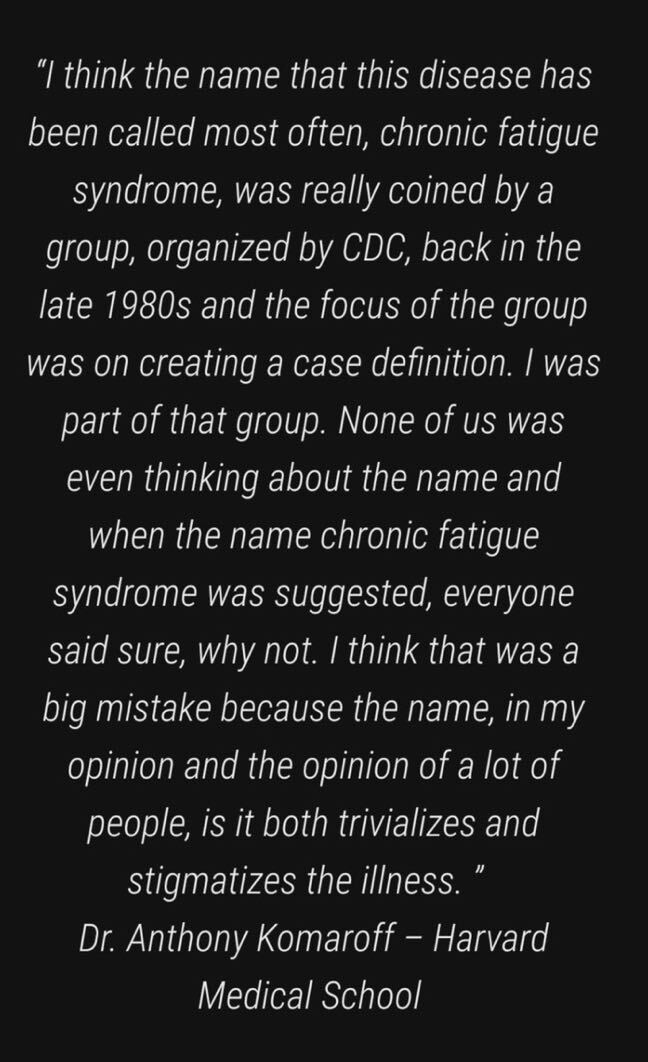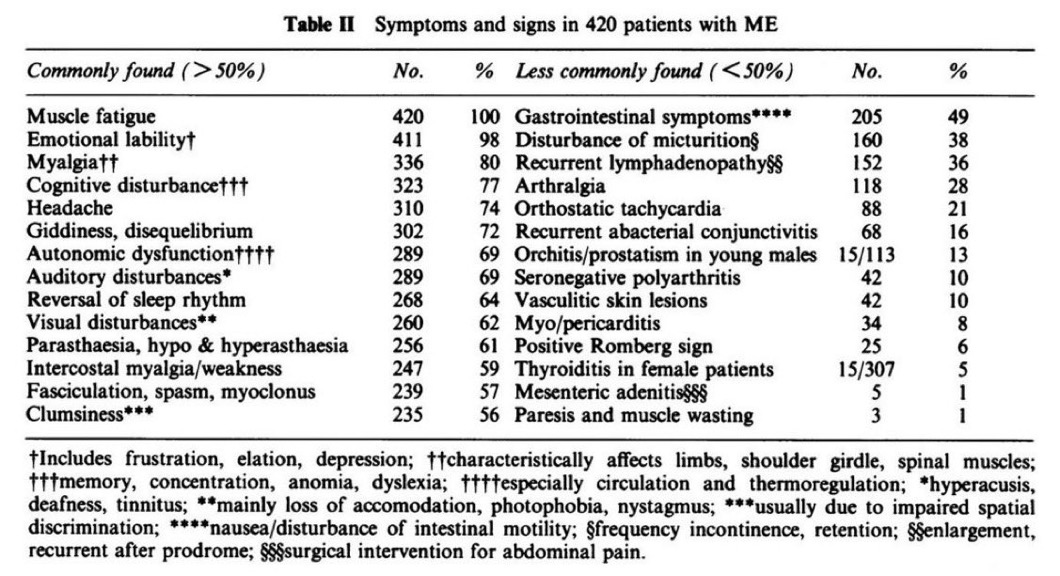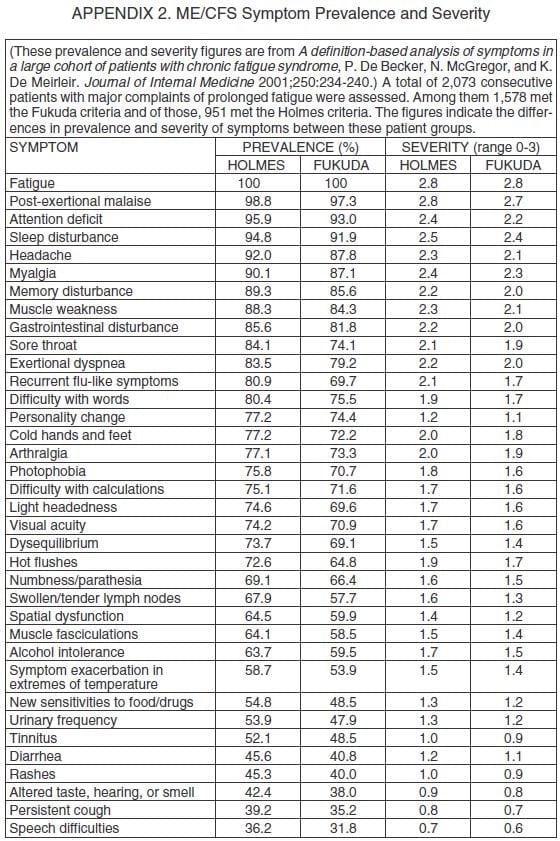
An excellent piece by @DocAmali on why COVID and #LongCOVID support groups need to be ethical in their practices, including protecting the privacy of the patients who participate. Otherwise, they risk "objectification and exploitation of vulnerable participants."
https://twitter.com/DocAmali/status/1374064920254369793
This is why @itsbodypolitic is a private, patient-only support group hosted on a platform that doesn't exploit participant data, and has rules that explicitly prohibit scraping of support group data! #LongCOVID
https://twitter.com/ahandvanish/status/1374066588580769795?s=20
@DocAmali's call to action: "Governments & regulators internationally should collectively develop policies to combat unconsented use of social media data for healthcare research, & also bring in new laws to prohibit unethical data mining of social media platforms."
@hmkyale @EricTopol you may be interested in the above piece!
• • •
Missing some Tweet in this thread? You can try to
force a refresh





